CURRENCY
BUSINESS OPPORTUNITIES IN TANZANIA
TANZANIA



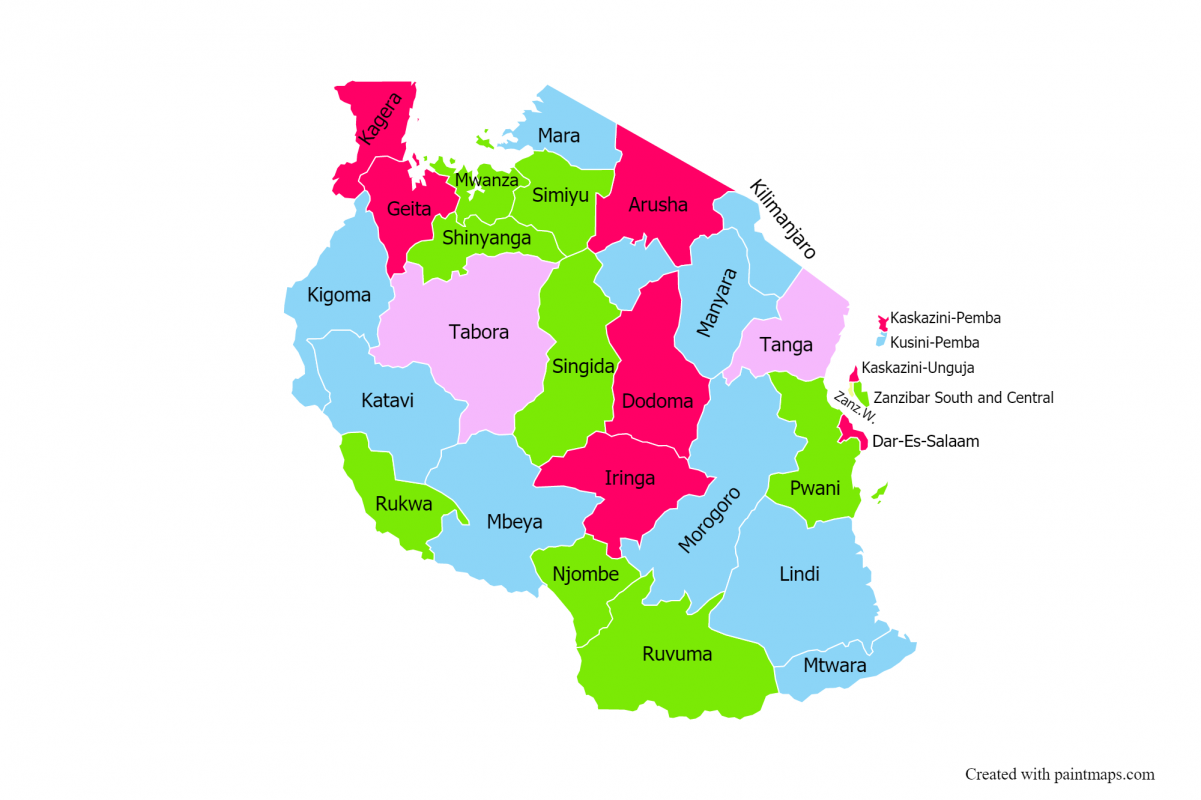
FLAG
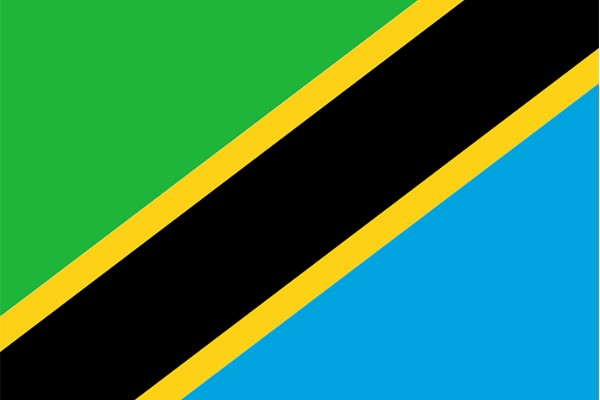
TANZANIA
CAPITAL CITY
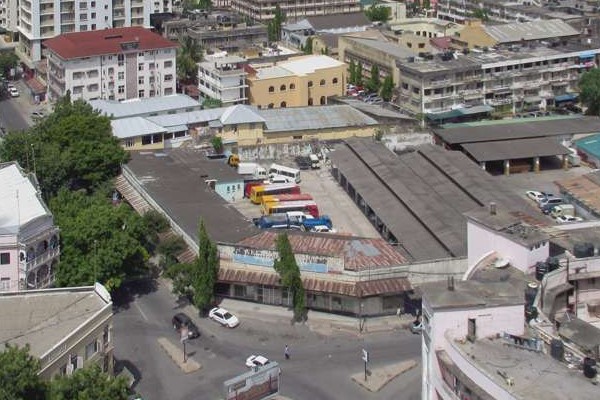
DODOMA
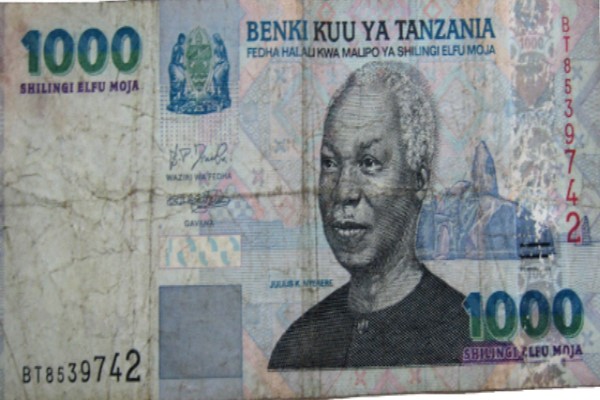
TANZANIAN SHILLING
Language

Population

6.15 CRORES
Country
Calling Code

+255
LOCATION:
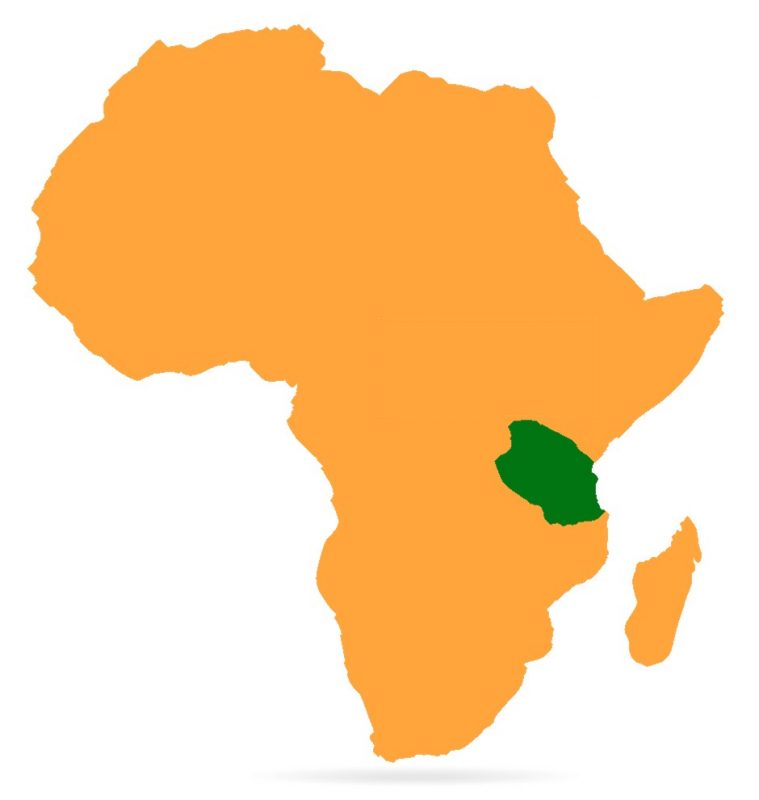
EAST Africa
BORDER COUNTRIES:
KENYA
UGANDA
RWANDA
BURUNDI
CONGO
ZAMBIA
MALAWI
MOZAMBIQUE
THE  MONEY SHOW SEASON 2.0
MONEY SHOW SEASON 2.0
Mining and Infrastructure Business in Algeria
Facebook live 7.00 Pm Today.
Join Millionaire Program and change everything in life and Business..
Call/ WhatsApp +91- 8094607111.
GDP= $65.92 billion
GDP Growth= 6%
Ease of doing business rank= 141
GDP per Capita= $900
MOST RECENT VIDEOS
SIGN UP TODAY
Get our exclusive content and offers in your inbox








